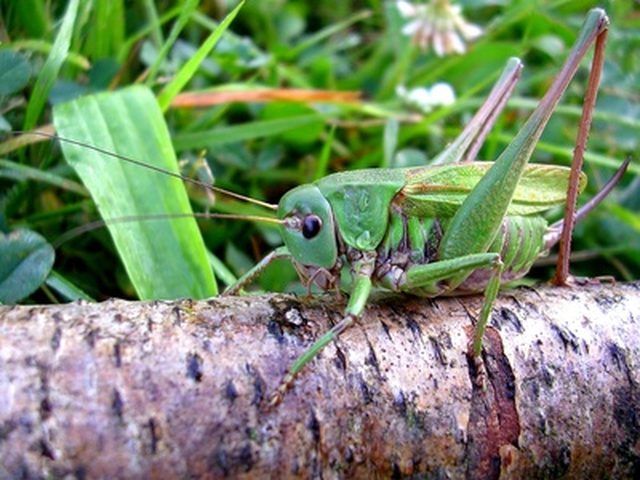Bulbs
Flower Basics
Flower Beds & Specialty Gardens
Flower Garden
Garden Furniture
Garden Gnomes
Garden Seeds
Garden Sheds
Garden Statues
Garden Tools & Supplies
Gardening Basics
Green & Organic
Groundcovers & Vines
Growing Annuals
Growing Basil
Growing Beans
Growing Berries
Growing Blueberries
Growing Cactus
Growing Corn
Growing Cotton
Growing Edibles
Growing Flowers
Growing Garlic
Growing Grapes
Growing Grass
Growing Herbs
Growing Jasmine
Growing Mint
Growing Mushrooms
Orchids
Growing Peanuts
Growing Perennials
Growing Plants
Growing Rosemary
Growing Roses
Growing Strawberries
Growing Sunflowers
Growing Thyme
Growing Tomatoes
Growing Tulips
Growing Vegetables
Herb Basics
Herb Garden
Indoor Growing
Landscaping Basics
Landscaping Patios
Landscaping Plants
Landscaping Shrubs
Landscaping Trees
Landscaping Walks & Pathways
Lawn Basics
Lawn Maintenance
Lawn Mowers
Lawn Ornaments
Lawn Planting
Lawn Tools
Outdoor Growing
Overall Landscape Planning
Pests, Weeds & Problems
Plant Basics
Rock Garden
Rose Garden
Shrubs
Soil
Specialty Gardens
Trees
Vegetable Garden
Yard Maintenance
The Natural Way to Get Bugs & Grasshoppers to Stop Eating Outdoor Plants
The Natural Way to Get Bugs & Grasshoppers to Stop Eating Outdoor Plants. Grasshoppers and other bugs are attracted to well-irrigated gardens with lots of leafy plants and vegetables. Insects feed on plants, damaging roots and foliage, but using pesticides and other treatments can cause edible items to soak up harmful chemicals. Create an organic...

Grasshoppers and other bugs are attracted to well-irrigated gardens with lots of leafy plants and vegetables. Insects feed on plants, damaging roots and foliage, but using pesticides and other treatments can cause edible items to soak up harmful chemicals. Create an organic insect repellent and use a more natural way to get bugs and grasshoppers to stop eating outdoor plants.
Things You'll Need
3 ounces garlic cloves
1 knife
1 ounce mineral oil
1/4 ounce fish emulsion or liquid soap
1 tablespoon castile soap (optional)
Glass container with sealable lid
1 garlic bulb
1 sealable plastic or glass container
Cheesecloth
Natural Way to Get Rid of Grasshoppers
Mince 3 ounces of garlic cloves into small, fine pieces using a kitchen knife.
Soak the minced garlic in 1 ounce of mineral oil for 24 to 48 hours.
Add 1/4 ounce fish emulsion or liquid soap to 1 pint of water in a separate container. If using fish emulsion, add 1 tablespoon of castile soap.
Mix the two liquids together slowly, placing the mixture in a sealable glass container.
Fill a spray bottle with 1 pint of water. Add 2 tablespoons of the garlic oil mixture to the bottle.
Test the mixture by spraying a single leaf on each plant you want to treat. Wait two to three days. If no damage develops, the natural insecticide may be lightly sprayed on garden plants and vegetables to protect against grasshoppers and other bugs. If leaves appear discolored after two to three days, dilute the mixture with more water and try again.
Natural Way to Get Rid of Bugs
Chop 1 whole garlic bulb into fourths.
Place the chopped garlic into a standard blender with 2 cups of water. Mix the garlic water on high for 1 to 2 minutes.
Pour the garlic water into a sealable plastic or glass container; allow it to stand for 24 hours.
Strain the water through a cheese cloth to remove all large pieces of garlic pulp. Mix the strained liquid with 1 gallon of water.
Fill a spray bottle with the mixture and apply to the leaves of garden plants, both top and bottom. The garlic water will act as a natural bug repellent, keeping many types of insects away from garden plants.
Tips & Warnings
Natural garlic oil sprays will work against earwigs, June bugs, squash bugs and other bugs, in addition to grasshoppers.
Plant a barrier of cilantro, which repels grasshoppers, around vegetable plants to protect them from insects.